
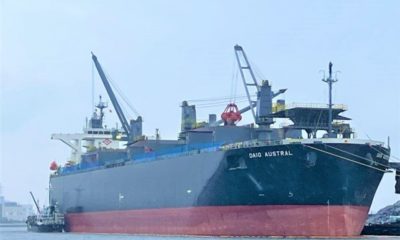

NYK Line announced its wood chip carrier DAIO AUSTRAL successfully used biofuel to reduce CO2 emissions while shipping cargo to Vietnam.
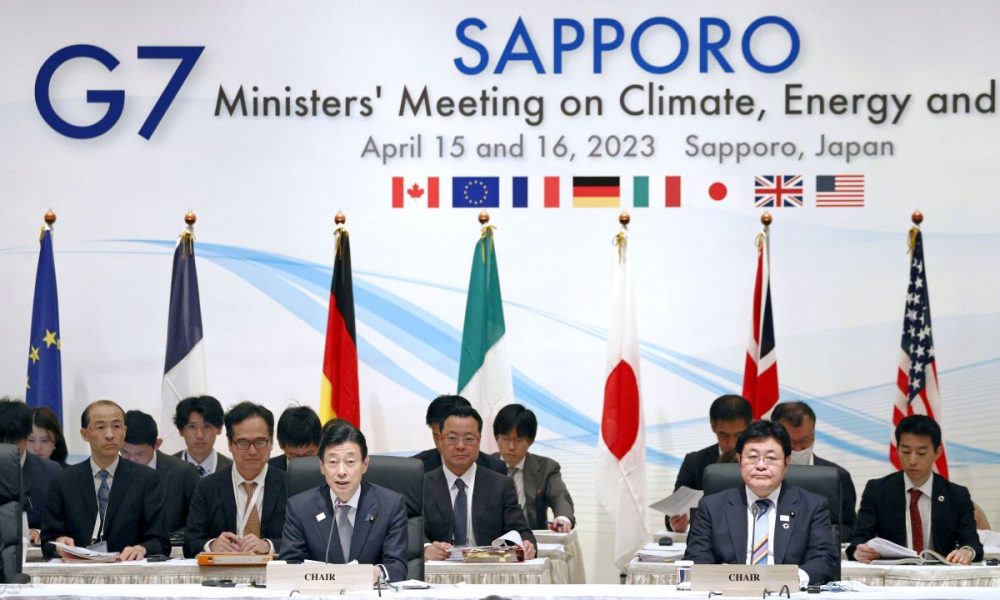
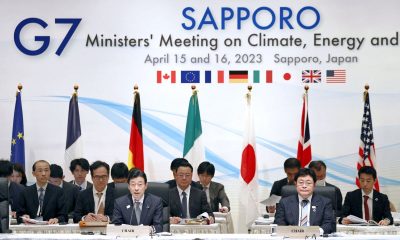

Japan's energy plan contributes to securing a stable power supply for developing countries that have no choice but to rely on coal-fired power.
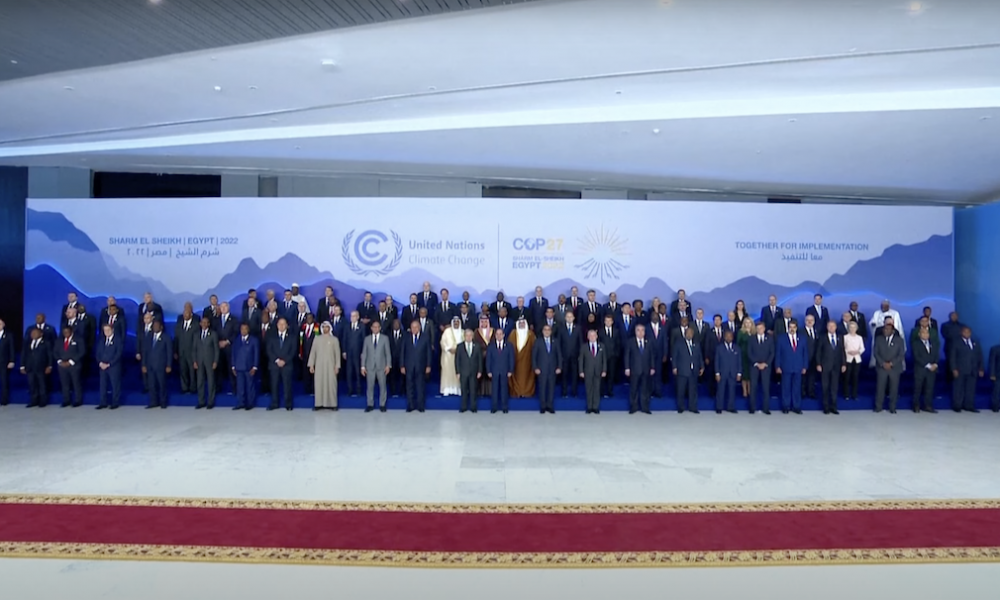
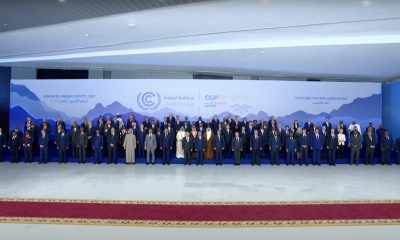

It's "time to act" stressed Tokyo governor Yuriko Koike at COP27. Tangible and intangible strategic action is needed "to achieve net zero emission by 2050."
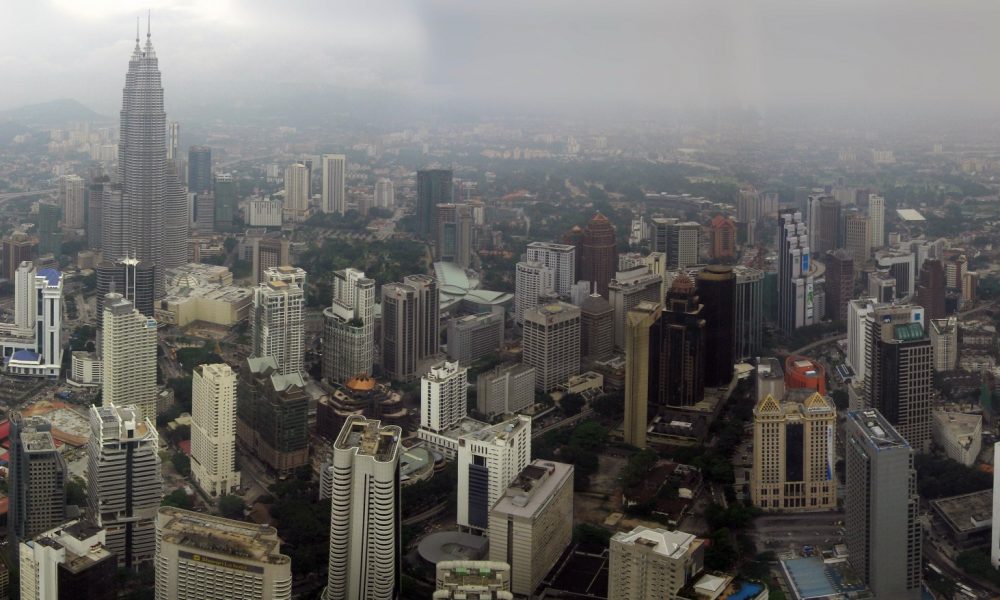


Tokyo is helping Kuala Lumpur put in place policies to improve energy efficiency in its buildings, and thus develop a low-carbon system.
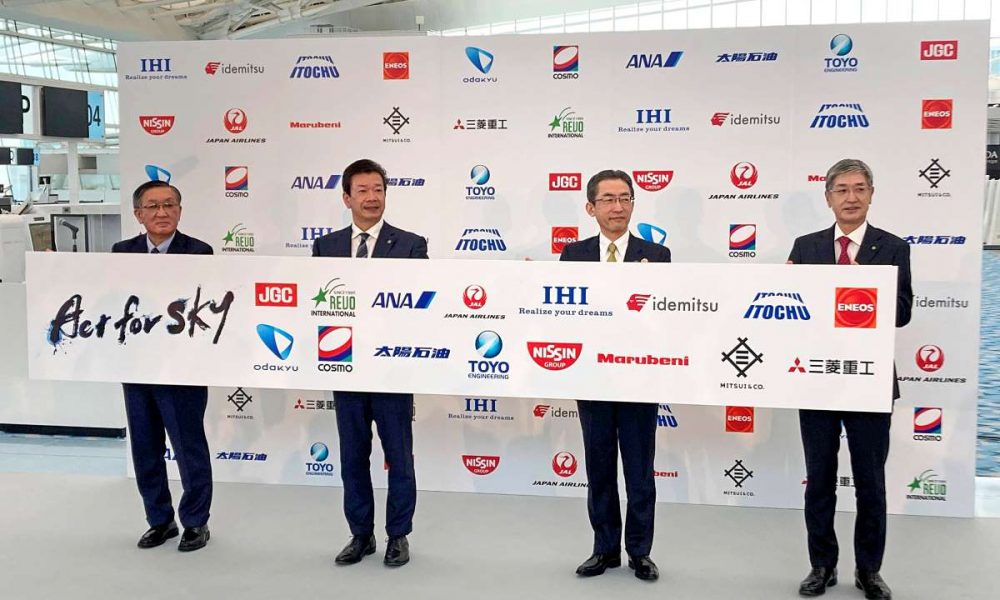
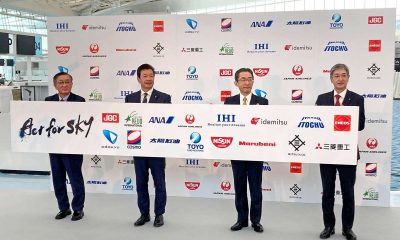

Only 1% of aviation fuel in 2020 was sustainable, showing the harsh reality of how far there is to go to achieve net zero greenhouse gas...
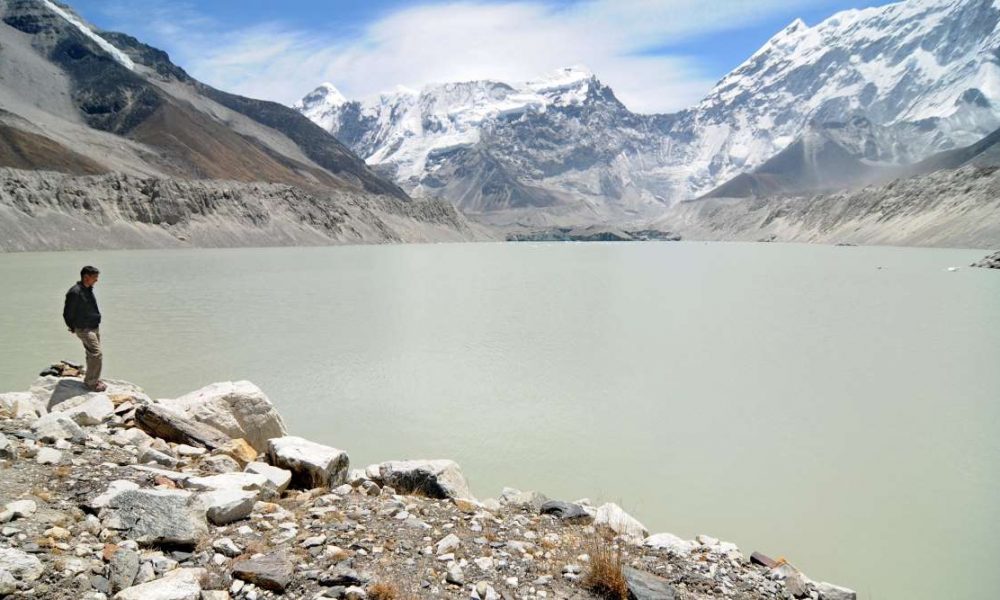
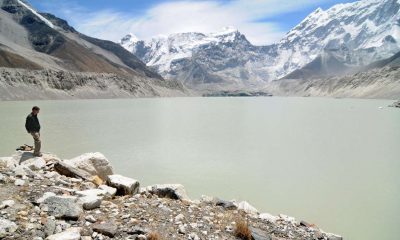

The government’s current power-saving measures signal defeat in energy policy, which should be a fundamental part of government function.
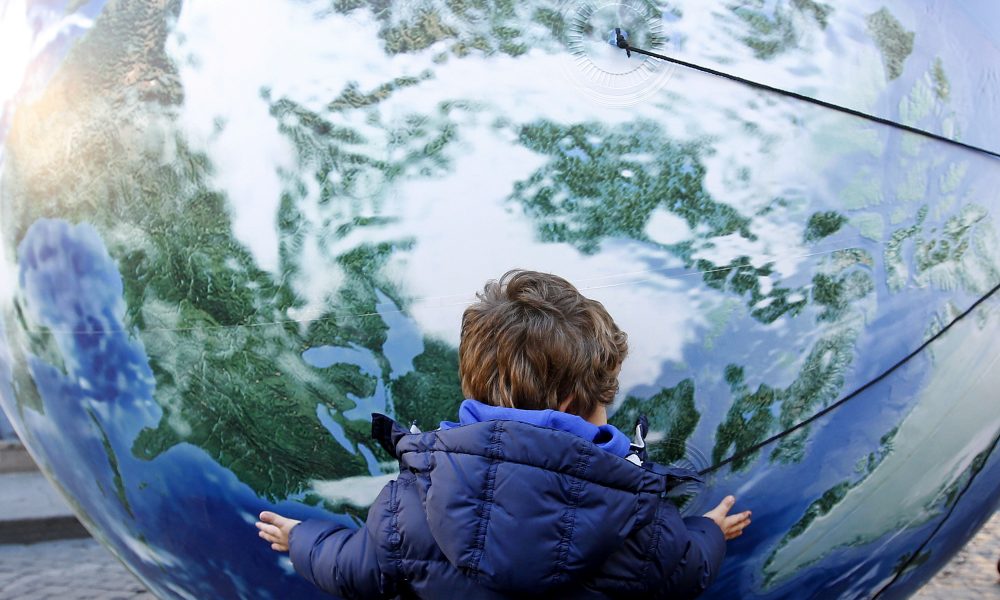


China is the world’s number one greenhouse gas emitter, accounting for about one-third of the total in the entire world, but has shown no willingness to...
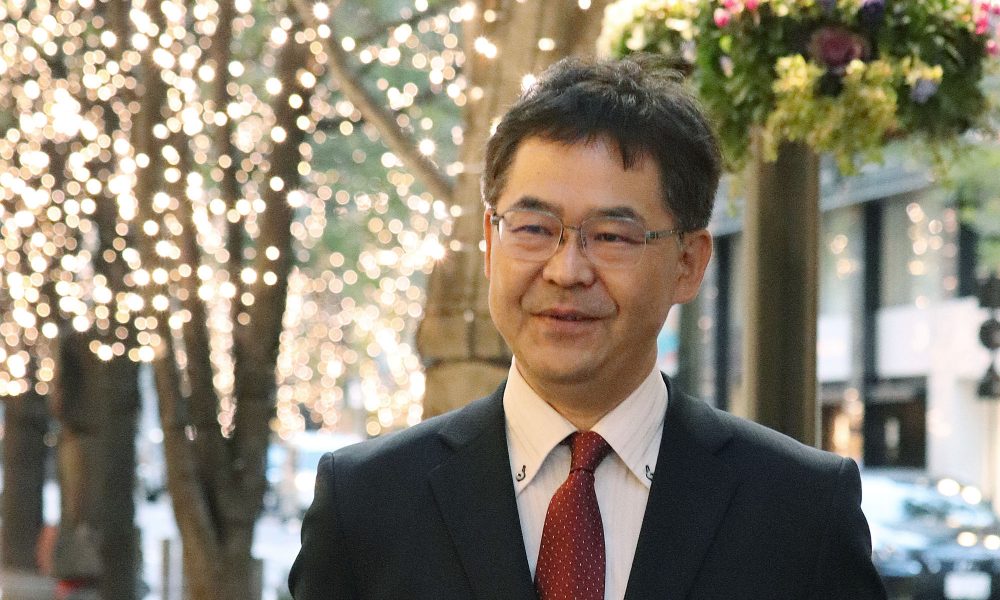
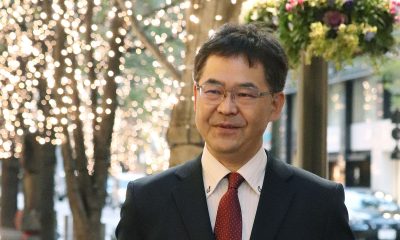

The president of Hiroshima-based Tsuneishi Kamtecs talks about going beyond carbon neutral and the industry’s role in cleaning up the world for our children.



It’s been a good year for shares in Tokyo, with the main indices in 2021 reaching levels not seen since 1989. Companies which connect Japan to...

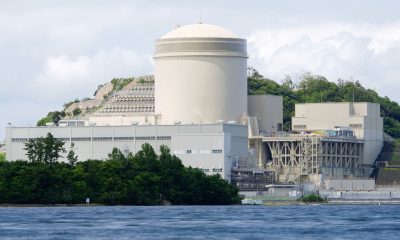

Without it, the Kansai region’s electricity reserve will decline, putting wide regions at risk of power outages.
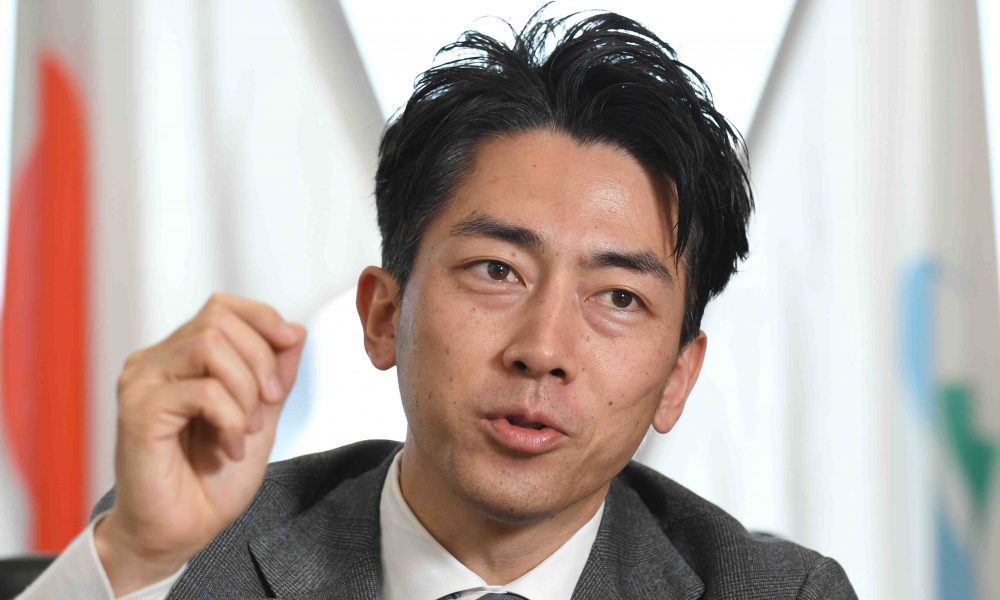
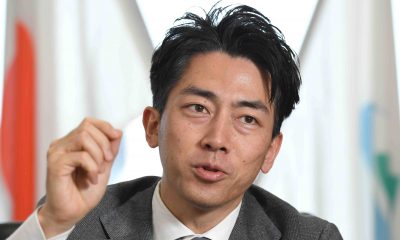

Japan pays ¥17 trillion JPY to foreign countries for coal, oil and gas. Moving to renewable energy would reduce this burden and allow Japan to focus...
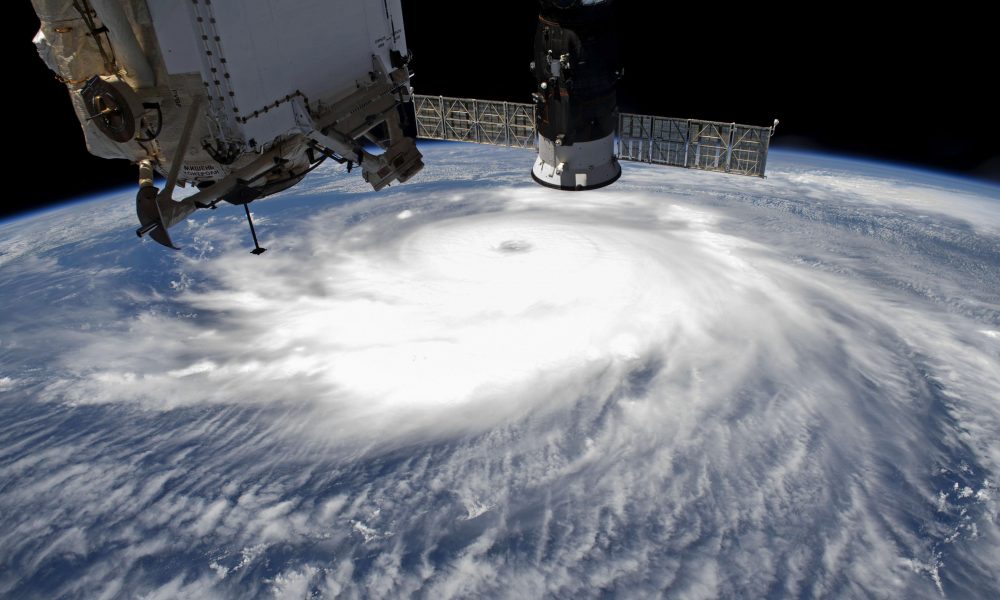
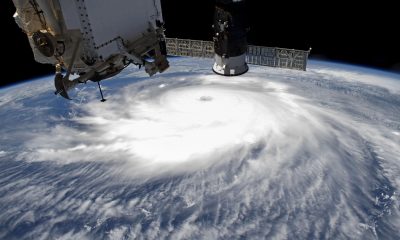

Japan’s carbon dioxide emissions account for less than 4% of the world’s total. In contrast, China and the U.S. together emit more than 40% of the...